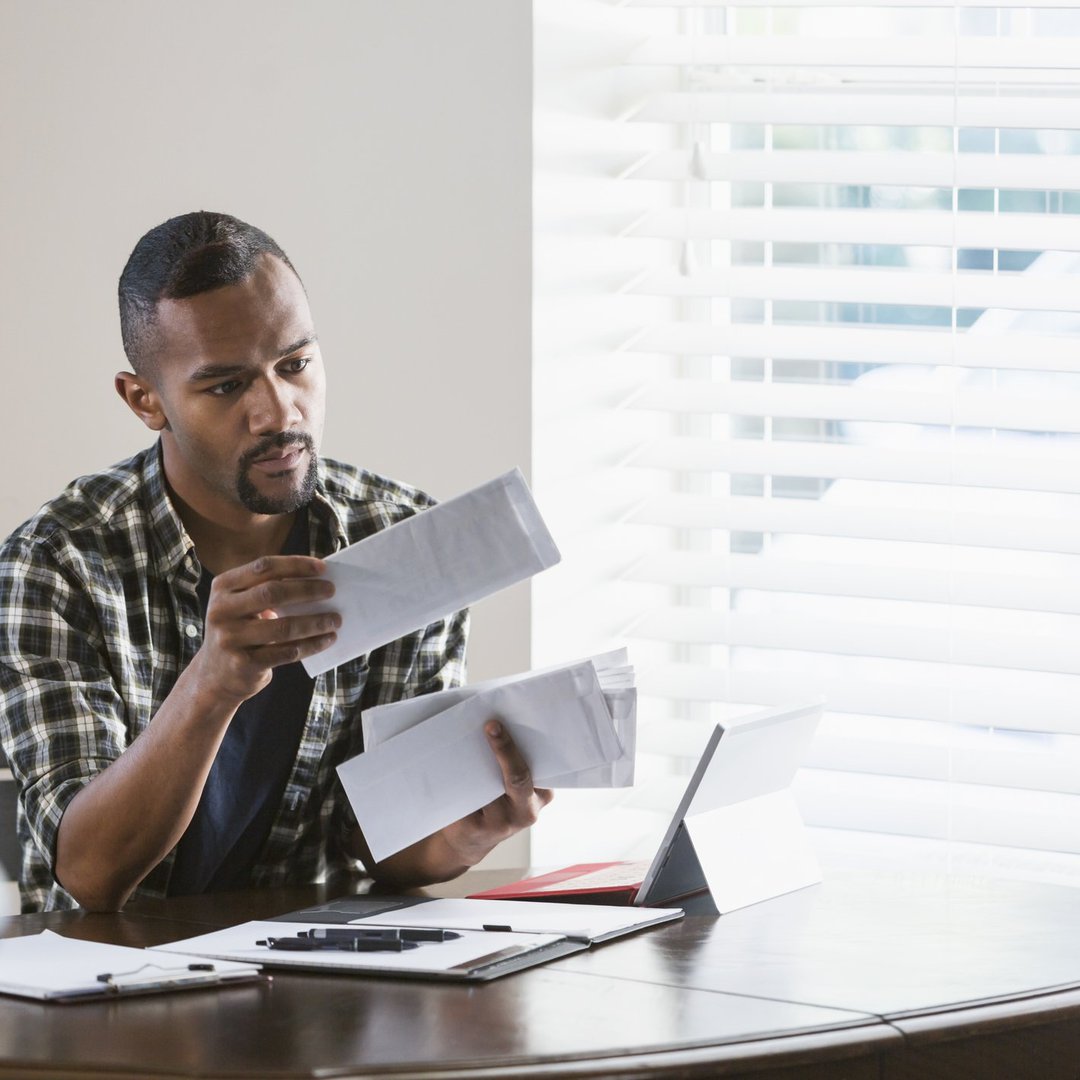I’ve lost count of how many times I’ve said to myself, “I didn’t expect to experience something like this,” over the past two weeks. Shops have been cleaned up, sports have been closed, schools are closed, and the whole nation – the whole world, in fact – has been in a panic unlike most of us have ever seen.
One of the most devastating impacts of the COVID-19 pandemic so far has been the tens of thousands of Americans forced to quit their jobs as businesses shut down in the name of social distancing. We may not have seen the worst yet. This makes preparation all the more important, and I’m not just talking about stocking up on supplies. The most important thing you can have available to you right now is an emergency fund. Here’s what you need and how you can start making one.
One Email a Day Could Save You Thousands
Expert tips and tricks delivered straight to your inbox that could help save you thousands of dollars. Register now for free access to our Personal Finance Boot Camp.
By submitting your email address, you consent to our sending you money advice as well as products and services which we believe may be of interest to you. You can unsubscribe anytime. Please read our privacy statement and terms and conditions.
How much money do I need in my emergency fund?
Conventional wisdom says that we should all have emergency funds containing enough money to cover three to six months of living expenses. It is up to you to decide which expenses to include in your calculations. You can limit your emergency fund to the essentials and extras, like streaming services. But be aware that if you are forced to rely on your emergency fund later on, you will have to cancel these services to make ends meet. Or you can build them into your emergency fund budget from the start.
Part of what makes the current situation so worrying is that we don’t know how long it will last. Some people have already lost their income, and it could go on for months. Once the COVID-19 threat has passed, it may take even longer to get the economy back on track. With all of this uncertainty, it’s best to err on the side of caution and build an emergency fund that could last you six months, if possible.
You should also make sure that your emergency fund contains at least enough money to cover your health insurance deductible, unless you are saving for this in a health savings account (HSA). If you need to be hospitalized for COVID-19, or if you need to see a doctor for some other reason, you don’t want to worry about how you’re going to pay for it.
How to set up an emergency fund?
Building an emergency fund isn’t easy at the best of times, and it can be especially difficult now if you’ve already lost your job. You may be able to revive your emergency fund with your tax refund, if you expect one this year. Work on filing your taxes as soon as possible if you haven’t already, so you can get your refund sooner. Don’t spend that money – keep that money in your bank account in case you need it to cover your expenses over the next few months.
You should also cut spending to the essentials for now, which may not be as difficult as you might think as many restaurants, cinemas, bars, and sports arenas will be closed. Put all that extra money in an emergency fund. You can also look for ways to cut your essentials costs, like using coupons at the grocery store and setting your thermostat a few degrees lower than normal to save energy costs.
Other ways to make ends meet
If you find yourself out of a job due to COVID-19, you may be able to claim unemployment, which could lessen the blow to your finances. It won’t replace all of your normal income, but it will give you money every month, so you won’t need to drain your emergency fund as quickly.
The Federal Reserve has cut interest rates, so now is also a good time to refinance your loans. This could earn you a lower monthly payment, which would give you a little more leeway in your budget. However, you will have to pay new closing costs, so compare them to the potential savings before deciding if this is the right move for you.
If you don’t have a job but don’t feel the need to isolate yourself at home, you can look for a new part-time or full-time job. Many grocery stores and some online retailers, like Amazon, are hiring right now to meet the additional demand caused by millions of people stocking up. You can also look for other side activities, like delivering food to take out restaurants.
A personal loan is another option if you are struggling to make ends meet. Personal loans generally have higher interest rates than mortgages or auto loans, but they are much more affordable than credit card debt or payday loans. In addition, rates are currently below normal since the Federal Reserve cut rates. Personal loans have a regular monthly payment, so you don’t have to worry about your out-of-control balance.
We are living through an unprecedented moment in history and we do not yet know how this story will end. At times like these, the old adage rings true: hope for the best, but prepare for the worst. If you don’t have an emergency fund yet, do your best to create one so that all you and your family have to worry about is staying safe.

